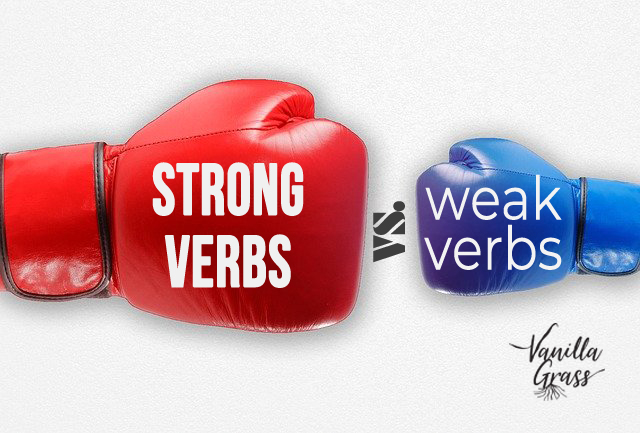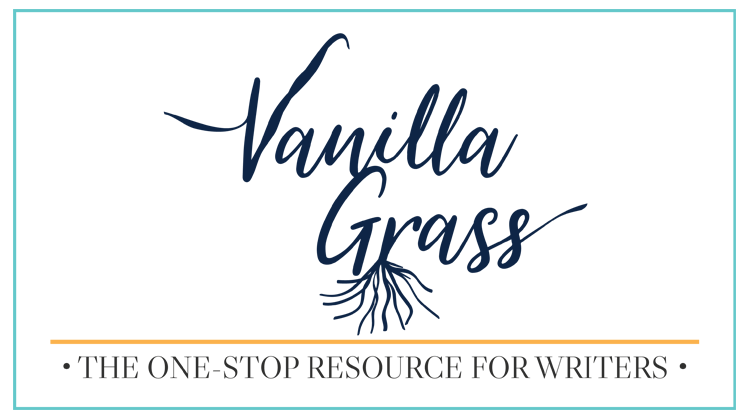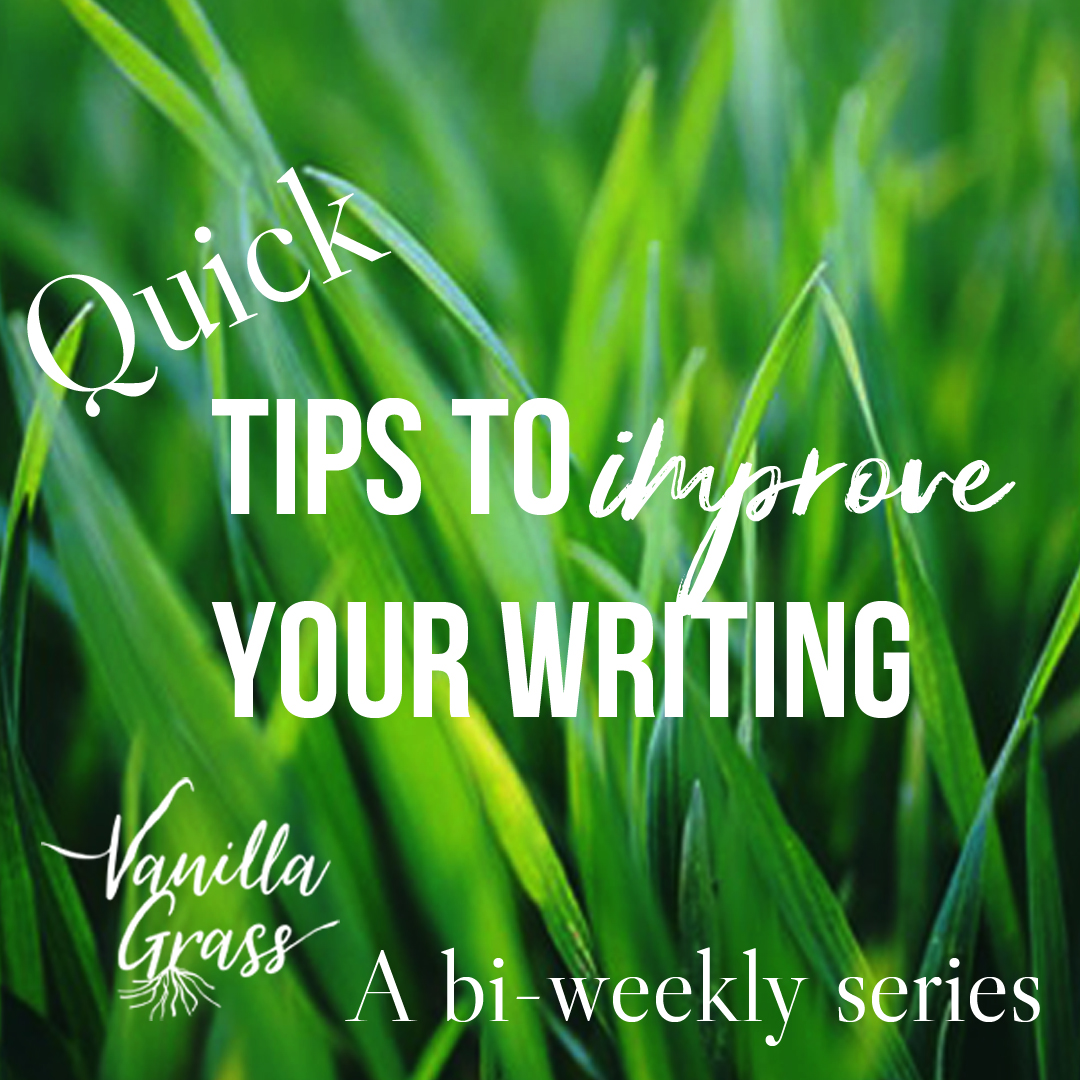Improve your Writing: Learn When to Use Adverbs
Adverbs modify verbs and usually end in “ly.” For example, if you intently read Tip #2 to Improve Your Writing (When to Use Adverbs), you’ll be on your way to adverb mastery.
A few well-placed, poignant adverbs can enhance your work. But add too many and it will make your writing seem lazy. Adverbs often cheat in that they tell the reader what you want them to know without actually describing anything. But sometimes adverbs are useful. In this short article, we’ll teach you mistakes to avoid and when adverbs can boost your writing. So, don’t shun them entirely.
First, the reasons to avoid:
Using Adverbs to Modify Weak Verbs

He lamely walked away.
Unclear Sentence
The sentence above is unclear. Did he limp? Or are his pants hanging down past his butt and that’s considered lame? Maybe in context, this sentence might make more sense, but why not eliminate the weak verb + adverb combo with something easier to visualize?
Walk/walked/walking is often a weak verb that conveys action without feeling. When someone storms away, you recognize that the person is mad. When someone saunters toward you, well it had better be your significant other, or else a brawl might begin.
You can see a list of excellent synonyms for “walk” at Daily Writing Tips.

He limped away, his mud-covered shoes leaving an intermittent line on my freshly mopped floor.
Clearer Sentence
Obviously, I added extra to the “better” example because I wanted to create a visual and also add room for the reader to extract an emotion. I’m all about planting opportunities for feelings. I talk more about emotion in our article on How To Start a Book So Readers Will Turn the Page. But even if I hadn’t added the extra, the first part: he limped away, gives a clearer visual.
Let’s look at another poor verb + adverb example.
She talked excitedly about the neighbor’s dirty secrets.
Boring
Often when I create my rough drafts, I might use a sentence like the one above. The sentence tells what’s happening to move the story along. But it’s boring. When I edit, I look for these weaker verbs and give them a boost.

She salivated as the gossip about the neighbor’s dirty secrets driveled from her mouth.
Less Boring
The second example creates a better visual by eliminating the weak verb + adverb combo and incorporating stronger verbs.
If you need some ideas for stronger verbs, check out Jerry Jenkin’s list.
Adverbs that Detract from Verbs

When you have a great verb, but add an adverb, you sometimes eliminate the efficacy of the verb.
His glare swiftly scorched my brow.
Adverb Abuse
Do you get hung up on the swiftly? I do. What does swiftly offer the sentence? A big fat nada, but I see novice writers adding similar adverbs all the time. In this sentence, “swiftly” softens the glare and the scorching action. Remove it for greater impact:
His glare scorched my brow.
I might not use the above sentence in my work, but it’s more effective than the first example.
When Adverbs Work
Sometimes Adverbs Can Make a Sentence Sound Natural.

Like a flowing brook, sometimes adverbs can make a sentence more fluid. When you edit, try and take adverbs out. If the rhythm of your sentence is stifled, I say add it back in. There are many beta readers out there who will tell you never use to be verbs or adverbs. I disagree. Yes, watch out for them, but when they make your writing flow, use them. The worst thing is when authors follow suggestions so strictly that their writing sounds blocky and becomes hard to read.
So, don’t be afraid to use adverbs when it makes your writing flow.
Sometimes Adverbs Change Meaning
Consider the following sentences:
He deliberately slipped on the empty, crushed soda can.
He accidentally slipped on the empty, crushed soda can.
The adverbs in these sentences alter the meanings. (I almost wrote “clearly change” instead of “alter” which would have used a poor verb + adverb combo. Tsk. Tsk.)
Adverbs Can Increase the Speed of a Scene

If you want to move on to more important details in your story, you can throw in an adverb.
In the example above about slipping on the soda can, we could write lengthy internal thoughts about the character’s choices, or details to get across the deliberate or accidental part, or we could add the adverb to move a scene forward.
Sometimes, specifics bog down action scenes. These are divine places to add expertly crafted adverbs. This list of adverbs can get you started.
We hope you’ve enjoyed Tip #2 to Improve Your Writing (When to Use Adverbs). Come back for Tip #3 in two weeks, or check out Tip #1 now.




